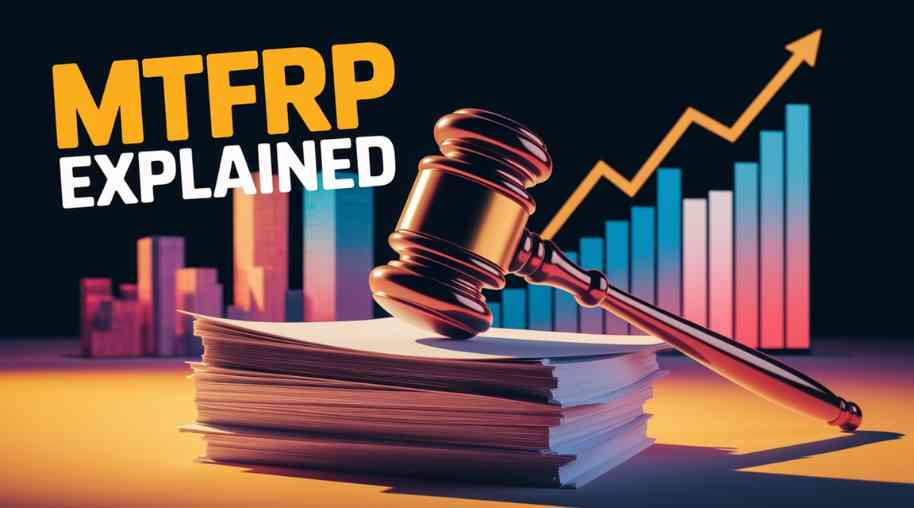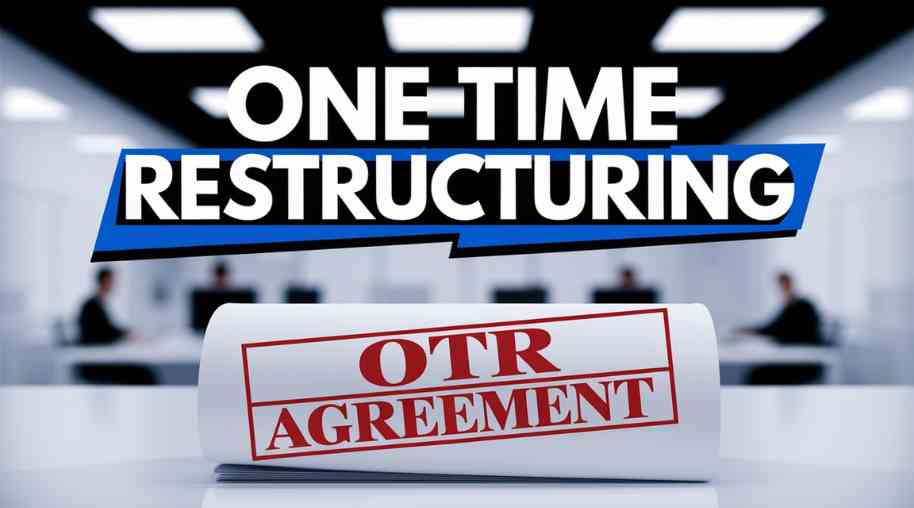MTFRP Full Form-Medium Term Fiscal Reforms Programme
by Shashi Gaherwar
0 1888
Medium Term Fiscal Reforms Programme (MTFRP): Objectives, Components, and Economic Impact
The Medium Term Fiscal Reforms Programme (MTFRP) promotes fiscal discipline and economic stability through targeted reforms. This article explores its objectives, components, impact, and implementation challenges.

What is the Medium Term Fiscal Reforms Programme?
The Medium Term Fiscal Reforms Programme (MTFRP) is a 3–5-year government strategy to enhance fiscal management by reducing deficits, boosting revenue, and optimizing expenditure for sustainable public finances.
Objectives of the MTFRP
MTFRP aims to:
- Fiscal Deficit Reduction: Lower deficits to sustainable levels.
- Revenue Enhancement: Increase tax and non-tax revenues.
- Expenditure Rationalization: Optimize public fund allocation.
- Debt Sustainability: Manage public debt levels.
- Economic Stability: Boost macroeconomic confidence.
- Transparency: Enhance financial governance.
- PPPs: Promote private infrastructure investment.
- Social Investments: Protect healthcare and education spending.
Key Components of MTFRP
MTFRP includes:
- Tax Reforms: Broaden tax base and implement GST.
- Tax Compliance: Enhance administration and efficiency.
- Expenditure Management: Reduce subsidies, prioritize capital spending.
- Performance Budgeting: Implement outcome-based budgets.
- Direct Benefit Transfers: Improve welfare scheme efficiency.
- Deficit Control: Enforce FRBM and reduce borrowing.
- Debt Restructuring: Manage high-interest debt.
- Institutional Reforms: Strengthen fiscal policy bodies.
Impact of MTFRP on the Economy
MTFRP drives:
- Financial Discipline: Reduces fiscal mismanagement.
- Economic Growth: Attracts investment via stability.
- Inflation Control: Limits deficit-driven price rises.
- Investor Confidence: Enhances macroeconomic conditions.
- Social Benefits: Allocates resources to welfare.
- Credit Ratings: Improves sovereign borrowing costs.
Challenges in Implementing MTFRP
MTFRP faces:
- Political Resistance: Opposition to tax and subsidy reforms.
- Revenue Issues: Challenges in tax compliance.
- Economic Uncertainty: External factors affect projections.
- Bureaucratic Delays: Slow reform implementation.
- Growth vs. Austerity: Balancing deficit reduction and growth.
- Government Coordination: Central-state alignment issues.
- Social Spending: Protecting essential welfare programs.
Future Directions
MTFRP can advance by:
- Tax Compliance: Using AI for administration.
- Expenditure Audits: Optimizing public spending.
- Digital Economy: Enhancing revenue tracking.
- Debt Transparency: Improving borrowing disclosure.
- Policy Continuity: Ensuring consistent reforms.
- Financial Literacy: Promoting public fiscal awareness.
- Local Governance: Empowering state fiscal management.
The Medium Term Fiscal Reforms Programme (MTFRP) fosters fiscal stability and economic growth. With strong implementation and political will, it can ensure a resilient, transparent economy.
Further Learning Resources
If you’re passionate about building a successful blogging website, check out this helpful guide at Coding Tag – How to Start a Successful Blog. It offers practical steps and expert tips to kickstart your blogging journey!
For dedicated UPSC exam preparation, we highly recommend visiting www.iasmania.com. It offers well-structured resources, current affairs, and subject-wise notes tailored specifically for aspirants. Start your journey today!

Share:








Comments
Waiting for your comments